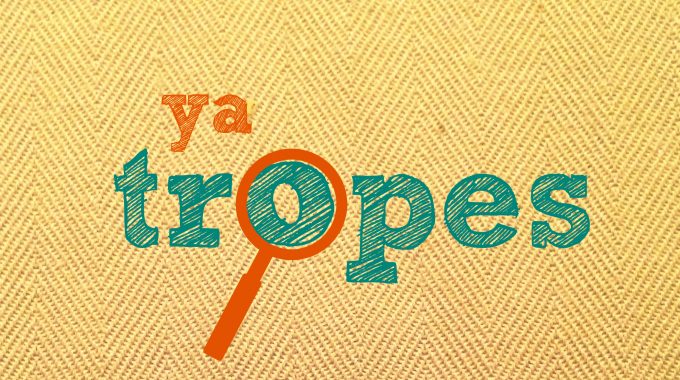
In Defense of 6 Maligned YA Fiction Tropes: When They’re Annoying, When They’re Maybe Not
Forgive me, readers, for I have feared the trope.
I have ostracized some of them unfairly. I’ve let reviews of other books get under my skin. I’ve made a mental checklist of Things I Must Never, Ever Do in a Book, No Matter What, and I have let the checklist rule my typey fingers with all the nuance and measured judgment of a YouTube comment thread.
Yeah, I’m gonna stop that.
While it’s always important to listen, to tease out why certain tropes rub readers the wrong way, I’m trying my best to be ruled by the story, not by my fear of straying into the Realm of Untouchable Plot Points. Especially since there are an infinite number of ways any given plot element can be used in a story. With some exceptions, tropes are only as good or bad as the book around them, and most of them don’t deserve permanent exile to the dungeon along with our naughty commas and 897 uses of the word “just.”
Here’s one writer’s perspective on 6 maligned YA tropes: when they’re annoying and/or harmful, and when they’re maybe not. I had a lot of thoughts. What are yours? Add ’em below and let’s talk!
When it’s annoying: When it’s a Bambi-eyed, disingenuous “Me, pretty? ME?” kind of thing, and the character’s self-worth seems completely reliant on what one boy or girl thinks of her.
When it’s maybe not so annoying: When the character’s discovery and acceptance of her beauty is one small part of a larger journey toward stronger self-confidence. Do we need more stories where girls are mega-confident, body-positive badasses out of the gate? A THOUSAND TIMES YES. Do we also need stories where girls aren’t quite there yet when the story starts, and their comfort in their skin is a work in progress, and maybe their first positive experience with love is part of that growth? YES, because that’s so painfully, beautifully relatable.
I gotta admit, I’ve snarked about this trope once or twice myself–in one of those #RealLifeYA hashtags, I said something like “Boy tells girl she’s beautiful. Girl already knows, because she has a mirror.” HAHA TAKE THAT, dumbass antifeminist trope! But you know…when I think back on my own high-school self, I remember my own self-image was very up-and-down. Some days I thought I was cute, some days I felt sort of ugly, some days I wasn’t thinking about it because I was too busy writing or reading or drawing. And a lot of people I knew didn’t believe they were attractive at all, either because of bad past experiences or toxic media messages or their own mental scripts. In any case: no matter who you are, the first time someone you care for tells you you’re beautiful, it’s a powerful thing you hold in your heart like this sacred glowing egg (ew, okay, you can’t put an egg in your heart, but you get the picture). It helps you see yourself through their eyes. Even if you’re already confident, it puts a smile on your face and hangs twinkly holiday lights in your brain. And if you haven’t been loved enough–and maybe don’t love yourself enough yet–hearing those words from lips you adore can be a small step toward greater self-acceptance.
It’s okay if you’re sixteen and not all OUTTA MY WAY I AM AWESOME just yet. It’s okay to admit that you don’t feel beautiful sometimes, or even most of the time. It’s okay to say it felt good and special and even revelatory when your boyfriend or girlfriend said “you’re beautiful,” because not all of us have a personal confidence chrysalis available, and our self-image is sometimes enhanced by the people we love.
We’re not islands.
And that’s okay to admit, in books and in life.
When it’s annoying: When characters fall in all-consuming love immediately, without any persuasive reason except “the plot dictates it,” and the romance stays paper-thin from beginning to end.
When it’s maybe not so annoying: When the initial sunburst of attraction is the beginning of a nuanced, well developed relationship.
Insta-love is so widely reviled, it’s like #1 on everyone’s Family Feud list of Things You Can’t Do in a YA Novel. I’ve seen it called out so many times in reviews of so many different books that I’m terrified when I start a new story: How many pages, scenes, encounters, quips do my characters have to share before they decide they’re madly attracted to each other? But I feel like what’s getting called out sometimes isn’t insta-love; it’s insta-strong-attraction, and it happens a lot, especially when you’re young and your hormones are in Shakespearean overdrive.
I was 22 when I met my husband-to-be. We met when he crashed a party at my apartment, and the particulars would make you barf if I wrote it in a book: I opened the door and saw his smile and amazing blue eyes (hurk) and bam, I was a goner. It was definitely insta-something, since we talked for three hours in my bedroom that night and I called my mom the next day and trilled “I think I met the person I’m gonna marry.” GROSS, RIGHT? But it can happen like that: you meet a person and just get rammed in the heart-parts by That Feeling. Sometimes you’re right, and they’re as amazing as you hoped, and sometimes you’re dead wrong. In books and in life, it doesn’t matter how fast you’re bowled over–what matters is what happens after you pick up the pins and say “yeah…let’s see where this thing goes.”
When it’s annoying: When the characters are annoying. When one or more points of the triangle are either bland or overtly villainous, so it’s impossible to invest in the relationships or the outcome.
When it’s maybe not so annoying: When all the characters are equally interesting and the different connections are genuinely compelling in different ways.
Sometimes I wonder why love triangles get such a bad rap in YA. Probably because we’ve seen scads of them done badly: Like, it’s “mousy geek girl vs. haughty alpha female” or “quiet budding astronomer vs. gorgeous douchelord in Hummer” and the deck is obviously stacked, or the triangle rather distracts from the MC’s goal of SAVING THE PLANET FROM GIANT MUTANT EARWIGS. But I can’t support a blanket moratorium on love triangles, any more than I’d cosign comments like “all first-person-present novels suck” or “man, do I ever hate a book about a redhead.”
I read my old high school journals recently, and it reminded me how often triangular romantic situations evolve in real life. I counted three of them in one slim paisley notebook (thankfully, not all of them involved me). I can still feel how much it hurt when the friend I harbored secret passion for started canoodling by the lockers with someone else. That situation would probably make an interesting book because all three of us were friends, and were good, complicated people, each sympathetic and unsympathetic in unique ways. I bet most writers have a situation like that in their memory bank, and I bet most readers can still relate. So I wanna see the love-triangle parade march on: but with all three characters relatable, weird, complex, and funny as shit.
When it’s annoying: When it’s petty and catty: cliched cheerleader-vs.-nerd drama, manipulative strife in which a love interest is the “trophy,” or hate with an element of moral judgment (e.g., slut-shaming, UGH UGH UGH NO).
When it’s maybe not so annoying: Any other circumstance where characters face off and both of them happen to be girls. If all female teen characters had to be pleasant to each other and relentlessly focused on building each other up, we’d lose the chance to realistically portray major sources of conflict in young adult lives. Sometimes girls have problems with people; sometimes they severely dislike other people. Sometimes those people are also other girls. That’s just life.
Let’s put it this way: If two male characters were locked in a conflict–going head to head in a dirty student-council election, for example–and they engaged in verbal sparring and underhanded tactics along the way, we wouldn’t call it boy-on-boy hate. It would just be…the plot. I adore books about sisterhood and female friendship, and I understand the clarion call for more of them, but that’s not the only kind of story we should be encouraged to cast young women in. Putting certain types of conflict behind a fence and saying “no female characters allowed” feels an awful lot like a glass ceiling in sunny disguise, or the stranger on the street who greets unsmiling women with “cheer up, sweetie!”
When it’s annoying: When the kisser is a creepy controlling asshole who’s being glorified and excused with “it’s just because he CARES so much!” (Which makes the romance not so much annoying as “horrifying and destructive.”)
When it’s maybe not so annoying: When both parties are ready, into it, and responsible. I mean, look: it’s no secret that lots of first kisses/first times suck. And we need stories that show the ugly details of fumblings gone awry, from clinking braces and bumping noses to partners who zip up and bike home while you lie there in the dark thinking “…was that it?” But there’s also room for books that portray teens having positive, satisfying romantic connections. Sometimes you find someone who knows exactly what the fuck they’re doing, or you take control and you’re better than you thought, or you’re so emotionally attuned with each other that you dive in slow and confused together and it’s actually pretty awesome.
Also, when you’d really like to have a significant other and it seems like everyone around you is paired off, sometimes it’s fun to read swoony/sexy scenes and fantasize a little. I’ve heard the argument that books like these are selling a lie and inflating expectations, but 1) I think that sells teen readers short and guilts people who enjoy books like these, and 2) not every book has to tell the unvarnished truth all the time. Books perform all different functions–not only is that okay, it’s necessary.
When it’s annoying: When the character is a Mary Sue or a Gary Stu and it’s used to underscore his/her perfection; when the revelation of specialness comes with a side-dish of bland Reluctant-Hero-cakes; when the MC is compared to others in a reductive and/or gross way (“You’re special and magical! They’re sluts and mean girls!”).
When it’s maybe not so annoying: Look, I know we’ve seen them all. The chosen ones, the girls who discover secret powers, the boys who find out they hold the very! fate! of! the! world! in their ordinary, semi-nerdy hands. But here’s a direct quote from my tenth-grade journal: Another boring day. School was so dull I wanted to gouge my eyes out. I feel like I’ll lose my mind if something doesn’t HAPPEN SOON. I…don’t recognize myself in those words. Before I reread my journals, I’d forgotten what it meant to feel listless and trapped, to bob along unnoticed in a hallway crowd, to ache for something even slightly extraordinary to happen. I’m busy adulting now, and while I have some dark and troubled times, I’m overall pretty happy and fulfilled: I have a kid who loves me and thinks I’m A+ even when I’m not. I have a day job and my own office. I write the books I wanna write and get to talk to readers and bloggers and fellow authors.
When I was sixteen, though? I didn’t know there’d ever be a time when I’d forget what it felt like to be bored. I didn’t know if I’d have the power to make something of myself someday, and I worried I’d spend my whole life feeling like a face in a crowd. I remember I wrote a devastatingly cheesy “chosen-one” story about an untalented ballerina who meets a mysterious boy in the woods; he had Robert Smith hair and an intense conviction that she had magical powers. (I think both characters were named after Pink Floyd songs. PLEASE DON’T TELL.) When I think back on my mindset when I scrawled those words in my journal and my writing notebook, I get why readers respond to this trope, and why it’s so enduringly popular. It’s easy to be condescending about it, to be like “oh, young people think they’re precious special snowflakes.” But I don’t think that’s it. Stories like these can be injections of hope, highly motivating fantasies, caffeine shots to bored minds, amped-up previews of fuller, more self-determined lives to come. Sometimes I feel like I’ve aged out of needing this type of narrative, but I’d never begrudge the young people who do. Let’s definitely have more gritty, realistic YA that rings painfully true—but let’s have the fantasy, too, for when you’re feeling flat and anonymous and need to fantasize that there’s magic or alien DNA or superhuman bravery inside you.
What do you think? What are your favorite YA tropes, and which ones do you think are unfairly maligned? Add yours in the comments below!

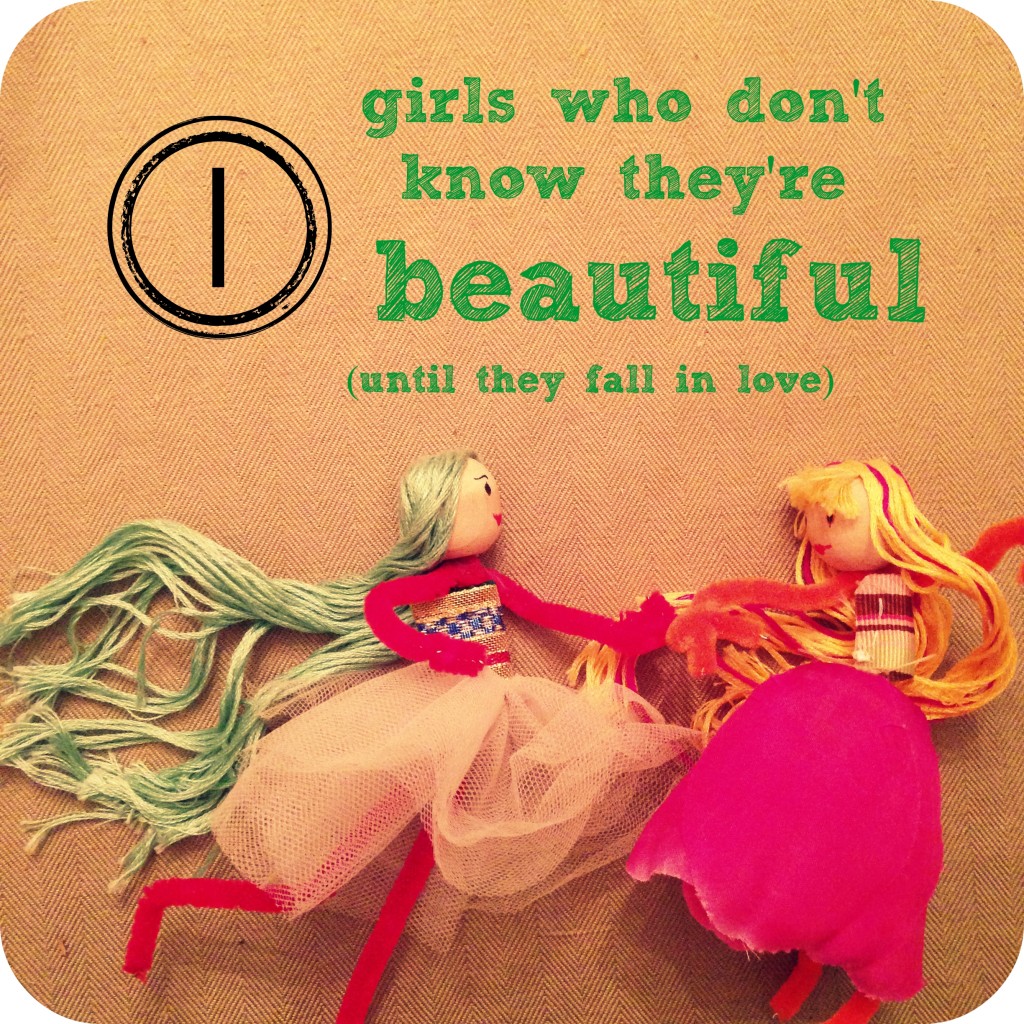
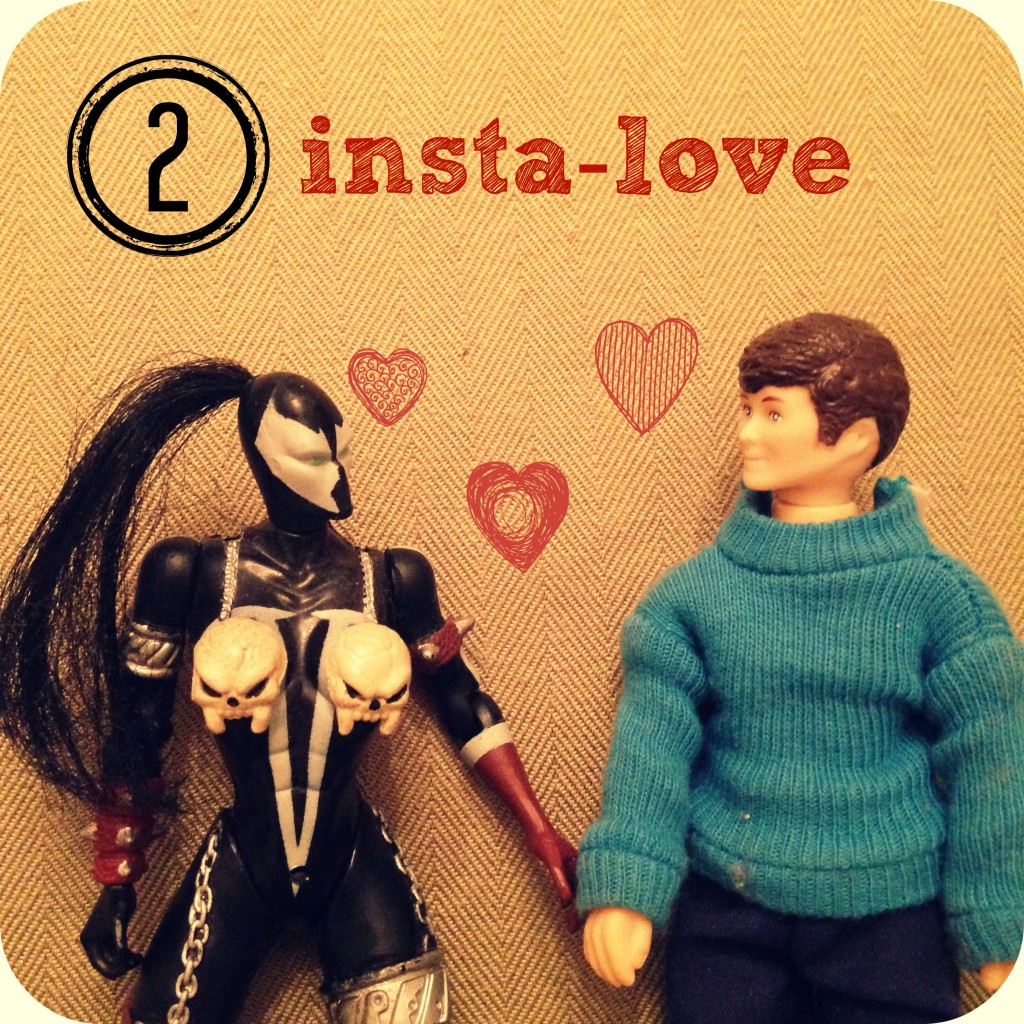
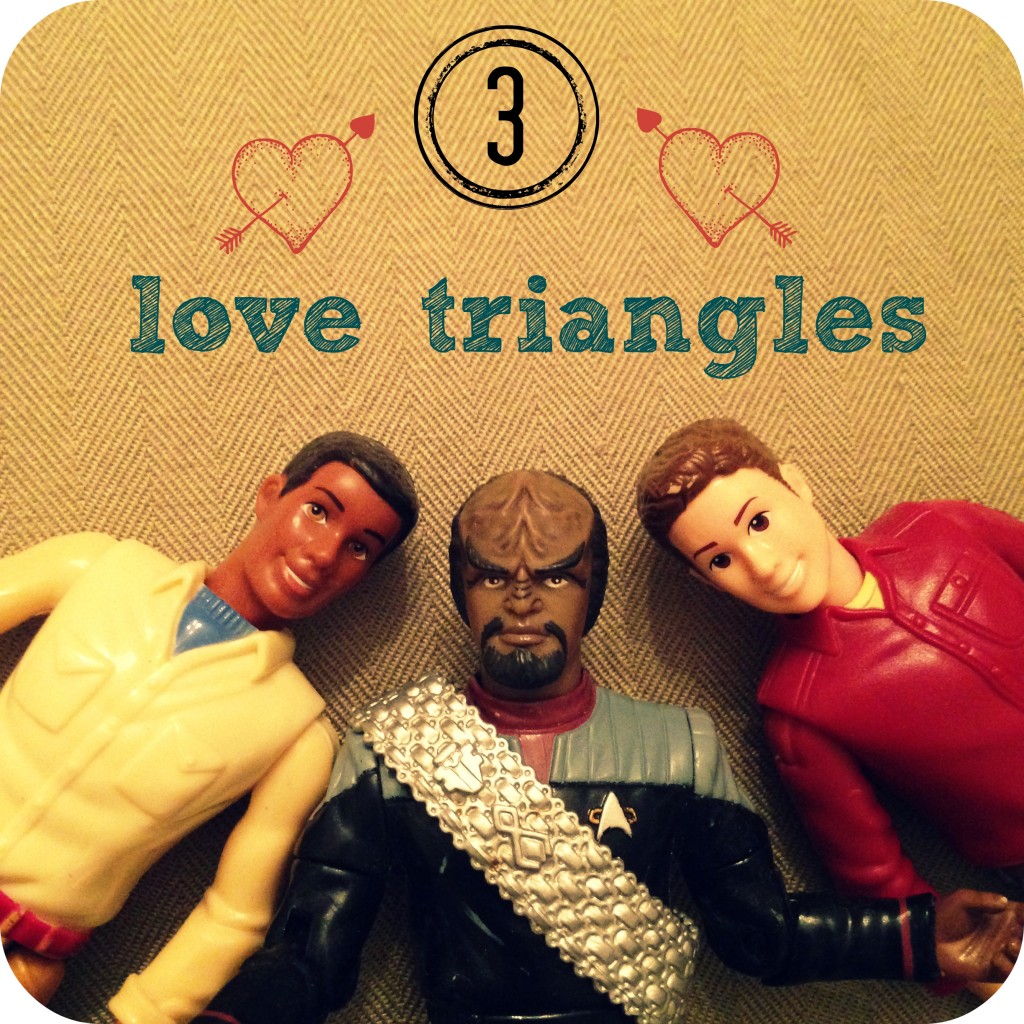
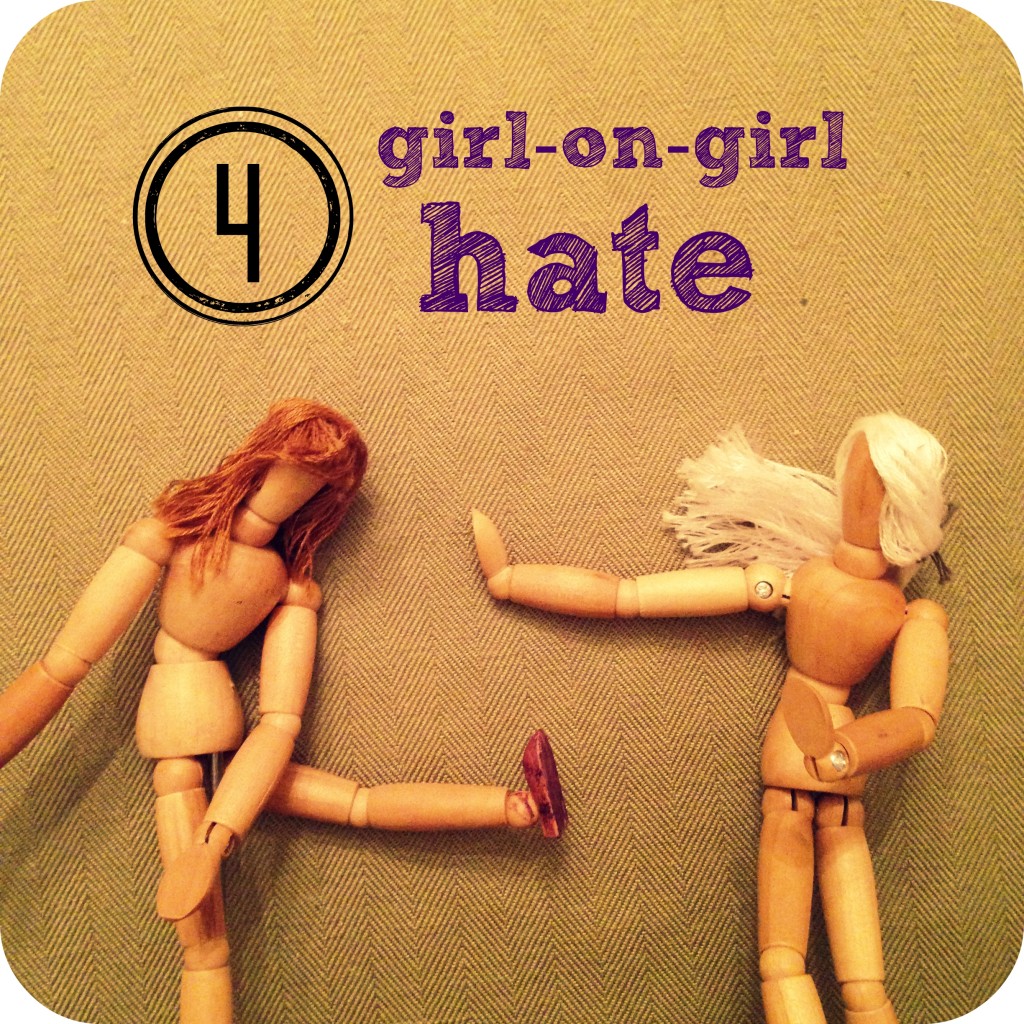
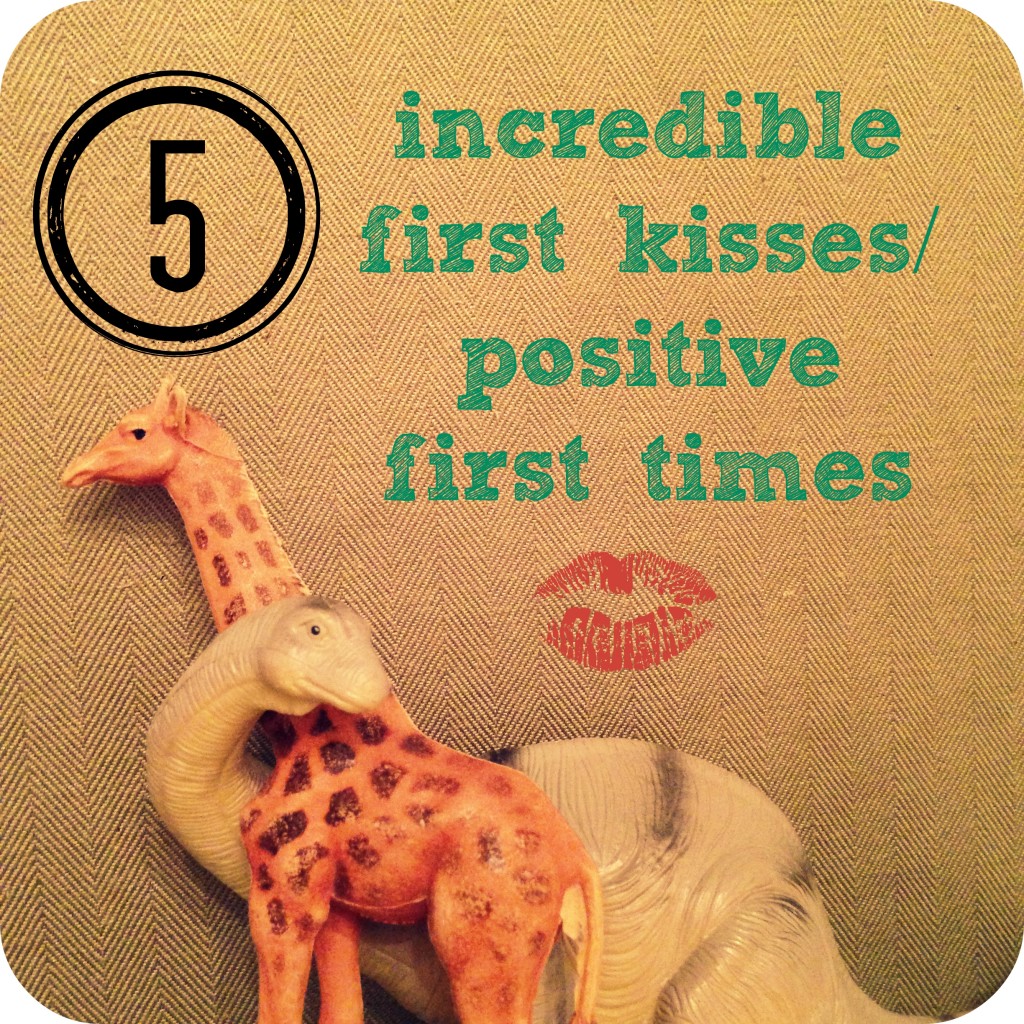
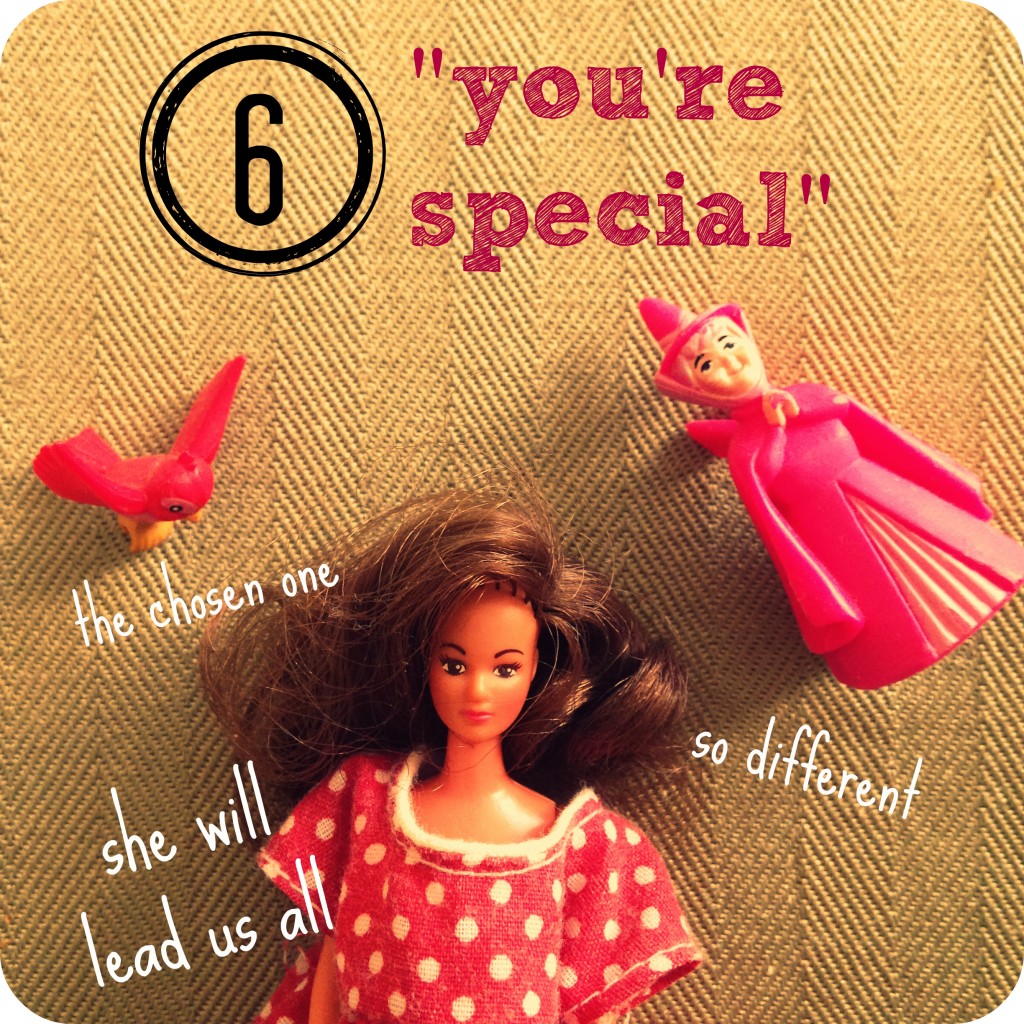
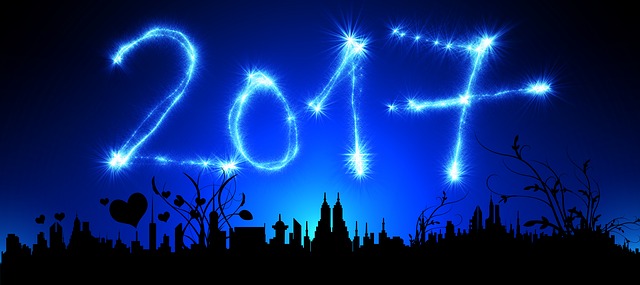
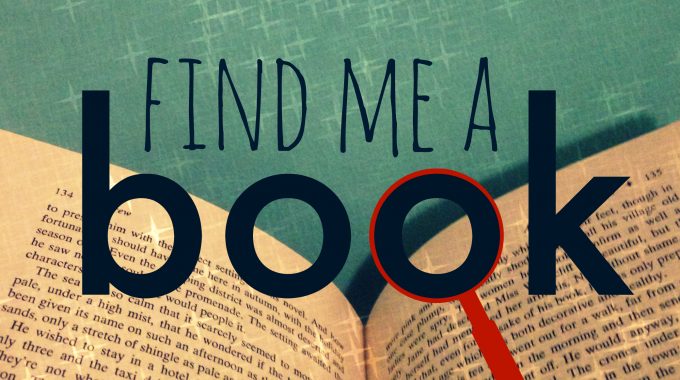
I just stumbled across this from someone’s RT on twitter, but I really really like what you wrote here! I think people are definitely so quick to judge tropes (especially these ones) and hop on the hate-bandwagon just because! But it’s all about execution and how these tie in to the story as a whole.
I’m glad someone finally came out and said something because you’re absolutely right 🙂 This was a good read, thanks!
Thank you, Millie! Glad it resonated with you. Thanks for reading & taking the time to comment! <3
HaHAH! Very true. I especially like #6– I had a lot of that in my teenage journals, too. There was one time I got a fortune cookie that said “You’ll soon have an adventure” or something, and I was like “YEAH I WISH. Maybe I’ll save the school from terrorists or find a magic charm or something… but probably it’s just referring to our plan this weekend to GO VISIT FAMILY FRIENDS IN THE NEXT STATE AND GO SEE LES MISERABLES MY FAVORITE MUSICAL WHICH I HADN’T EVER SEEN YET AT THAT POINT. BORing.” Gah, from my grownup outlook that weekend sounds almost TOO exciting.
So true–that comment could’ve been written by Teen Me, except replace “Les Miserables” with “Cats.” *ducks head in shame* Thanks for reading and commenting!
Well done! It’s weird how backlash against some trope or another can turn into a mania in the blogosphere. Instalove is particularly difficult to get around, because it’s not only quite a realistic way for a relationship to start among teenagers (though instalust might be a better term), it also may be the only socially acceptable way for one to start. If someone doesn’t like a character at first, for that character to try to GET the other person to like them is liable to come off as problematic in some way or another.
I’d add “manic pixie dream girl” to the list. There are times when it’s useful to point out characters who serve no function other than fantasy fulfillment, but at this point the term has become little more than often-sexist slur leveled against any girl who isn’t a clumsy introvert.
Adam, I have similar feelings about the “manic pixie dream girl” designation–these days, I feel like it would be really tough to write a romance between an introvert and an extrovert (especially if it’s boy introvert/girl extrovert) without the MPDG label being tossed around at some point. A character can share some superficial qualities with genuine MPDGs without serving as a prop in a boy’s story or existing only to catalyze his personal growth.
Also, you make a good point about instalove being not only realistic but also an early indicator that this will be a consensual relationship based on mutual feeling. I really dislike stories where one person wears the other down and persists despite clear NOT INTERESTED signs, and we’re prompted to see it as a sign of romantic devotion.
Thanks for commenting–great insights!